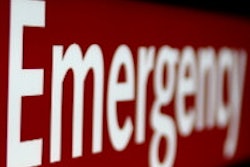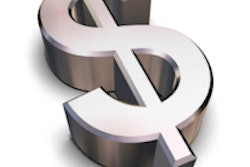Many dental offices across France are closed today, February 3, as dentists strike over pay and conditions.
The National Confederation of Dental Trade Unions (CNSD), which represents a third of France's 37,000 dentists, said its members are protesting against a freeze in state rates for basic dental care, according to a connexion.com story.
The dentists are demanding more pay for basic treatments and higher reimbursements for patients who need more complicated and expensive procedures.
Emergency dental care also was withdrawn in some areas of France yesterday as part of the dispute.
Patients who arrive for appointments are being greeted with a sign that reads: "Your dentist is fighting so you will be better refunded," the story stated.
Reimbursement rates for dental care from the French healthcare system have not changed in 25 years, according to the dental union.
For basic procedures such as a filling or an extraction, dentists have to charge state rates, but for cosmetic procedures such as crowns and braces, they can set their own prices, and patients have to pay the excess themselves or via supplemental health insurance (although reimbursements are low for such procedures).
Dentists said last year that if basic coverage paid more they might be able to lower rates for other treatments.
The CNSD said it wants "to inform patients about the reality of their reimbursements, and remind the French healthcare system of its responsibilities."
According to the union, the healthcare system has become disengaged from dental health care, warning that this is something that cannot be abandoned.
The strike comes a few months after the publication of a consumer organization's study that condemned perceived overcharging of some dental procedures.
However, dentists argue that the government's rate freeze has forced them to increase fees where they can.
They point out, for example, that the state reimbursements for a crown are only 107.50 euros ($145), of which 75.25 euros ($101) will be reimbursed, which they say no longer corresponds to a reasonable market rate.



















